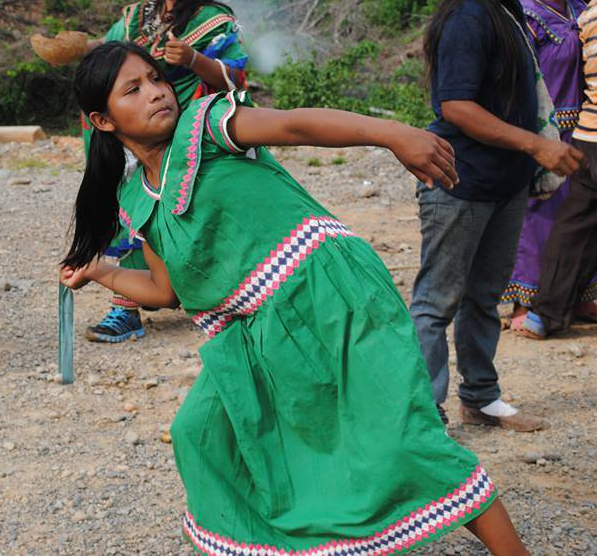
Panama withdraws UN registration for Barro Blanco dam
by Carbon Market Watch
Last week, Panama withdrew its registration of the controversial Barro Blanco hydro dam project, setting a precedent under the UN’s Clean Development Mechanism (CDM). While this decision is a step in the right direction for climate action, lessons need to be learned to ensure that the rights of local communities in Panama and around the world are fully protected.
Following years of controversy, and challenges made by the indigenous Ngäbe and the international community, the CDM Executive Board formally considered and agreed to deregister the Barro Blanco hydroelectric dam at its 92nd meeting. This marks the first time a host country has withdrawn registration of a CDM project and effectively stops Barro Blanco from issuing offset credits. Panama claims that the project design document is no longer corresponding to its current environmental impact assessment.
“We welcome this unprecedented and bold move by the Panamanian government. By deregistering the Barro Blanco project, Panama has sent a strong signal to the UNFCCC that climate solutions must respect human rights. It is clear that the CDM standards—which have failed to protect the Ngäbe communities—must be strengthened” says Alyssa Johl, founder of the Climate Rights Collective.
Since breaking ground almost 10 years ago, the local affected indigenous Ngäbe communities have opposed the project as the dam reservoir is expected to flood homes and religious and cultural sites. The project developer GENISA failed to effectively consult or obtain the Ngäbe’s free, prior and informed consent before it began implementation.
“Unfortunately, this withdrawal will not have a direct effect on the local affected stakeholders who are currently being inundated by the flooding of Barro Blanco’s reservoir. We hope this move will also create a momentum for a peaceful resolution to the conflict. We call on the government to empty the reservoir below the comarca (indigenous territory) line and to engage in conversations to find an equitable solution involving all affected stakeholders” says Osvaldo Jordan, director of Alianza para la Conservación y el Desarrollo.
The CDM has a dual purpose: to reduce emissions and to promote sustainable development in developing countries, presumably by encouraging investments that achieve cost-efficient emission reductions additional to what would otherwise have occurred. Several CDM projects, however, have lacked environmental integrity, failed to contribute to sustainable development, and others have had serious social, environmental and human rights consequences.
“We call on Parties to learn from the Barro Blanco project to improve stakeholder consultation and to develop robust social and environmental safeguards for future market mechanisms, already common among multilateral financial institutions” says Juliane Voigt, Carbon Market Watch Policy officer for sustainable development.
The Paris Agreement created two new carbon market provisions which must deliver sustainable development benefits. Technical discussions on further details of these provisions are currently under negotiation at COP 22.
~ ~ ~
These announcements are interactive. Click on them for more information.










